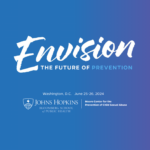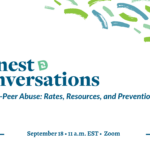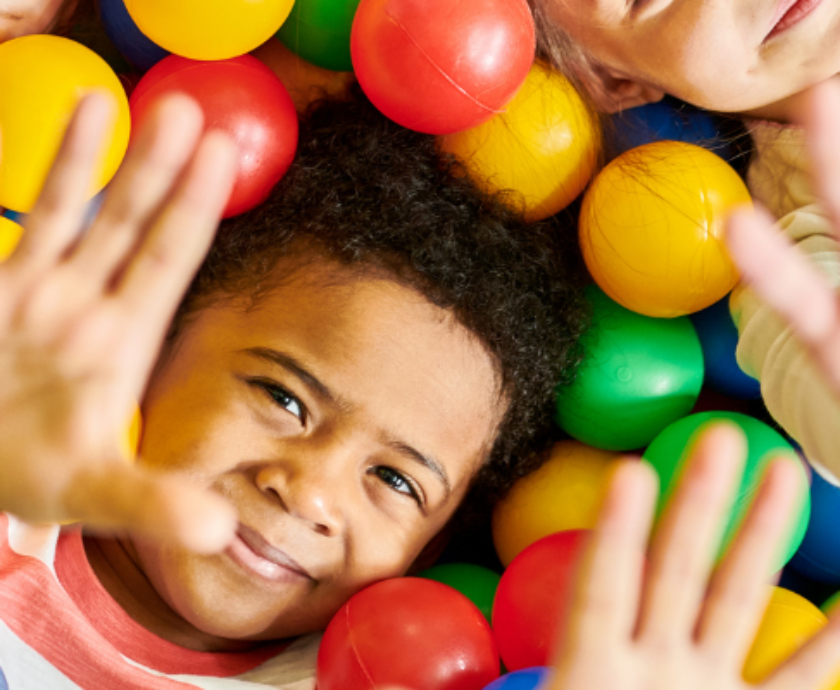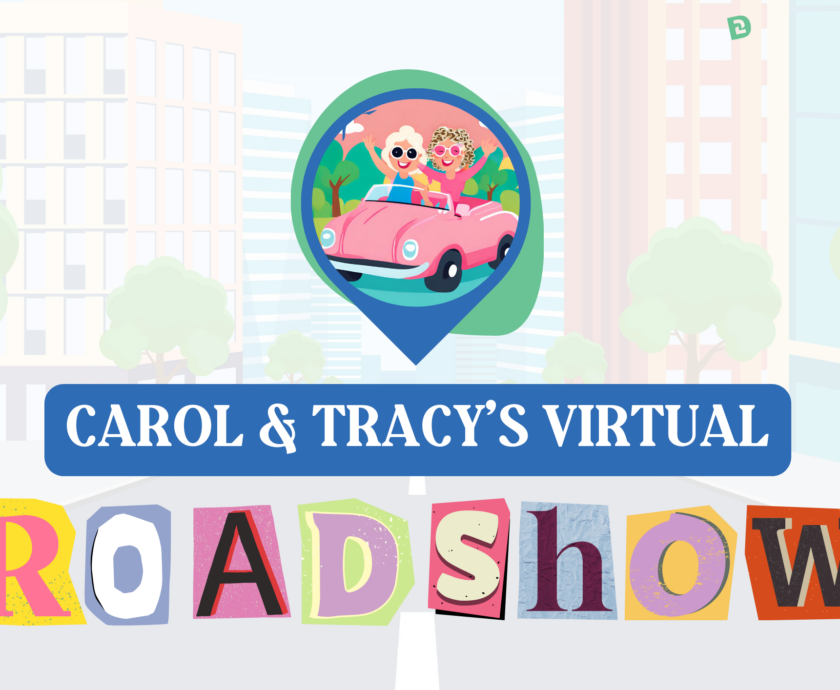Adverse Childhood Experiences (ACEs) and trauma have become a definitive part in how we address healing, in both children and adults.
Educators are tasked to consider the traumas their students have experienced and how that might influence how they teach and interact with students. Those in healthcare are opening their eyes to the correlation between ACEs and poor health outcomes in their adult patients. And thanks to Oprah Winfrey and Dr. Bruce Perry, many of us are now changing our language to ask “What Happened to You?” rather than “What’s Wrong with You?” A very subtle, yet trauma informed switch.
The Adverse Childhood Experiences study tells us that when children experience these events, like child sexual abuse, they are at an increased risk for several things that can affect their health and wellbeing, one of which is an increase in suicide. In fact, a study done at the University of Manchester tells us “Children who experience physical, sexual, and emotional abuse or neglect are at least two to three times more likely to attempt suicide in later life”. Another study in the Journal of Child Sexual Abuse found that thirty-four percent of youth (ages 3 to 17) who had been sexually abused had experienced suicidal ideation or behavior.
So, if a child were to disclose sexual abuse to you, you were to discover that it is happening (or has happened), or you suspect child sexual abuse, how you react and respond can make all the difference.
We have a duty to children to react and respond responsibly. Our Stewards of Children® training tells us this. We must listen to and believe in what a child is telling us and then we need to do something with that information. We need to report it to the correct agency in our community or to law enforcement so that they can investigate. The same thing goes if we suspect, or we have discovered child sexual abuse. We need to make a report. If you are unsure about how to report or who to report to, please see our resources on reporting.
When a child sees that we are a safe adult that they can come to, and we will believe them, that is the first part of their healing journey. It is the first step in building protective factors around the child that can act as a barrier to poor outcomes, like suicide, that could affect them later in life.
Let us all do our part to make sure that children do not experience child sexual abuse, but for those that do, let us make sure that we are doing all we can to build up their resilience. We charge you to be a caring and safe adult.
If you need help, please call 988, the Suicide and Crisis Lifeline or IMAlive at 1-800-784-2433.
CALL 800.656.HOPE OR TEXT HOME TO 741741






